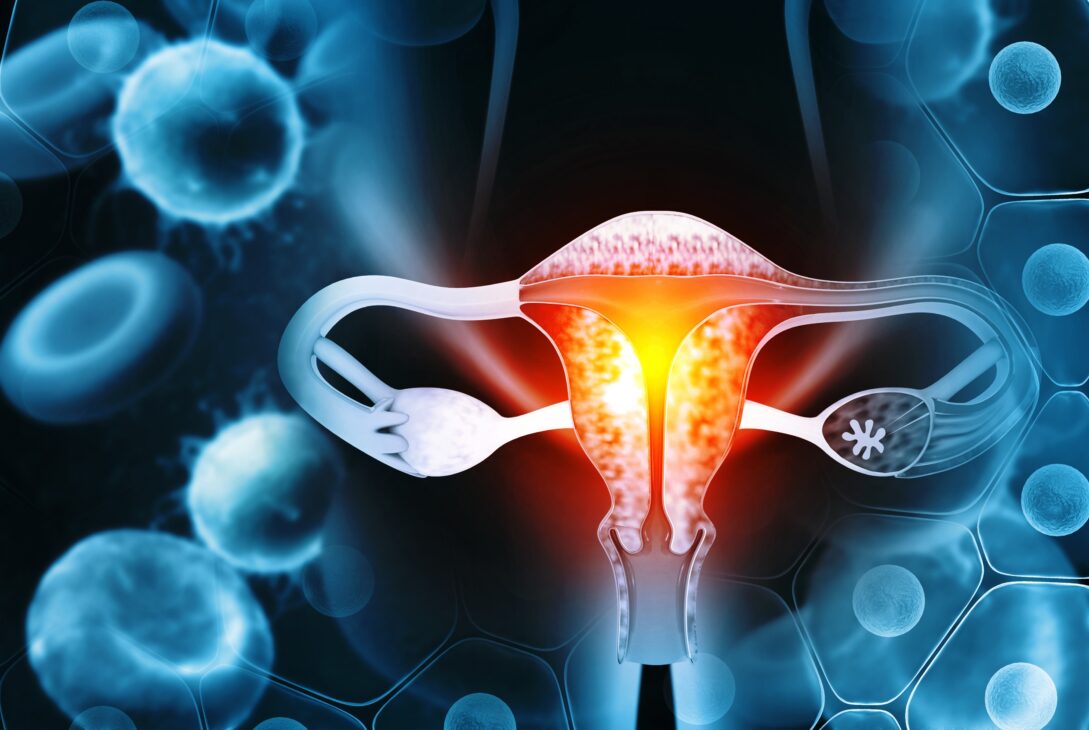What is endometrial cancer?
Endometrial cancer is a cancer that develops in the uterus, the organ in the female body where fetal development happens. It first forms in the lining of the uterus.
While other cancers, such as uterine sarcoma, can form in the uterus, endometrial cancer is the most common.
What are the symptoms of endometrial cancer?
Symptoms of this cancer include:
- Pelvic pain
- Vaginal bleeding that occurs after menopause
- Vaginal bleeding between periods
Editor’s Note: Get Involved
Cancer doesn’t discriminate. WHATNEXT and its partners are interested in amplifying the voices of those from all identities and backgrounds. If you have a cancer journey to share, reach out here to learn more about how your voice can help spread awareness and inspire individuals from all walks of life.
What causes endometrial cancer?
While medical professionals are unaware of the exact cause of this cancer, they do know that a mutation in the DNA causes healthy cells in the lining of the uterus to become malignant cells, which grow and multiply into a tumor.
They are also aware of certain risk factors. These include changes in female hormones, starting menstruation early or reaching menopause at a later age, never being pregnant, obesity, older age, an inherited colon cancer syndrome, and hormone therapy administered for breast cancer.
How is endometrial cancer diagnosed?
Fortunately, a diagnosis for this cancer typically happens in the earlier stages, as irregular bleeding causes concern. In order to confirm a diagnosis, doctors will examine the pelvis, use a transvaginal ultrasound, use a scope to examine the endometrium, and perform a biopsy.
Further tests will be conducted in order to stage the cancer. These include CT scans, PET scans, and blood tests.
What are the treatments for endometrial cancer?
The first option for treatment is typically to remove the uterus, ovaries, and fallopian tubes. Other treatment options include radiation, chemotherapy, immunotherapy, targeted drug therapy, hormone therapy, and supportive care.
There are ways to prevent endometrial cancer. Make sure that you have an open conversation with your doctor about hormone therapy if you have reached menopause, so that you fully understand the risks. Taking birth control pills and maintaining a healthy weight also lower your risk of this cancer.
Editor’s Note: Get Involved
Cancer doesn’t discriminate. WHATNEXT and its partners are interested in amplifying the voices of those from all identities and backgrounds. If you have a cancer journey to share, reach out here to learn more about how your voice can help spread awareness and inspire individuals from all walks of life.
Where can I find out more about endometrial cancer?
Last modified: June 24, 2024







